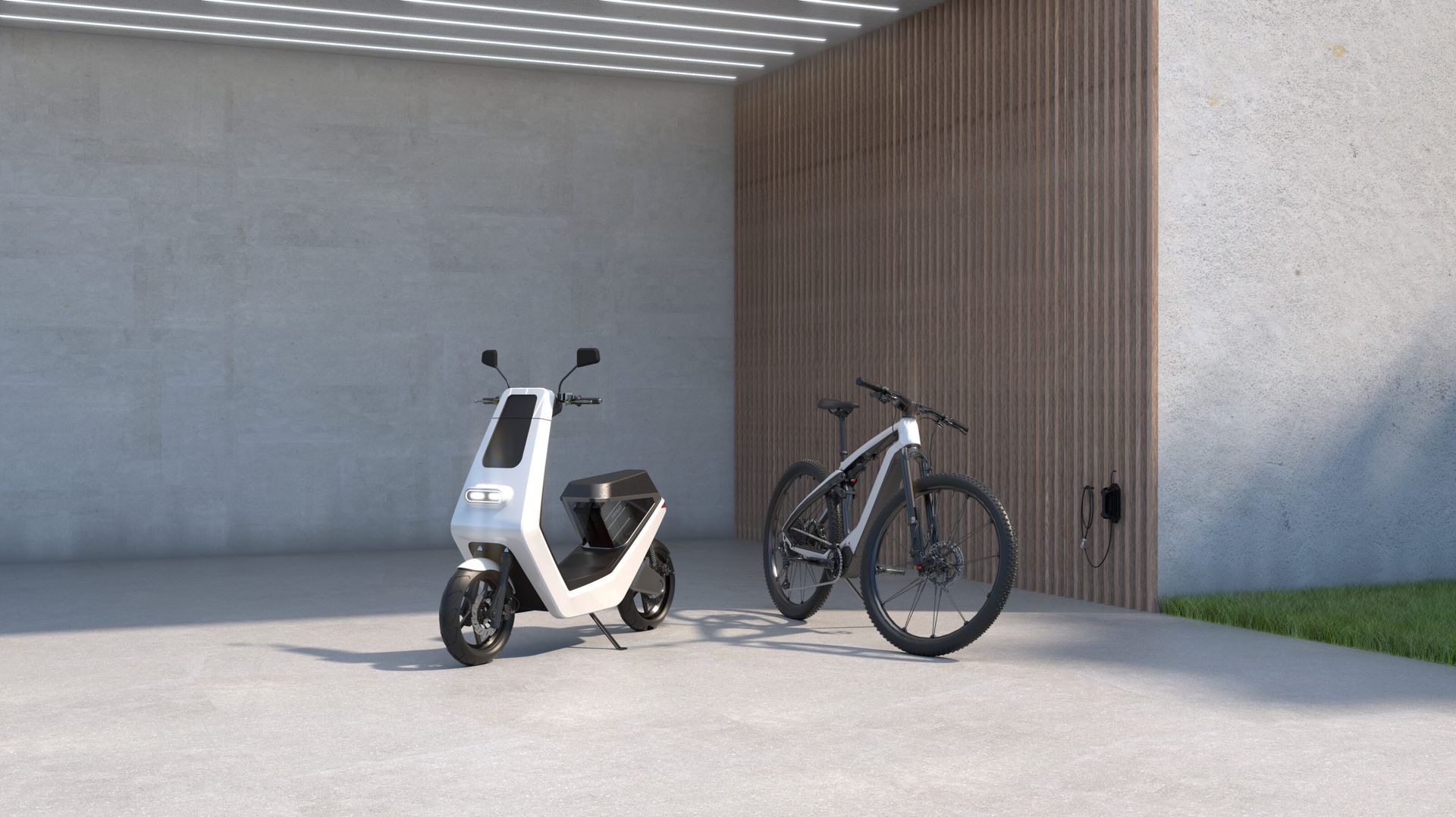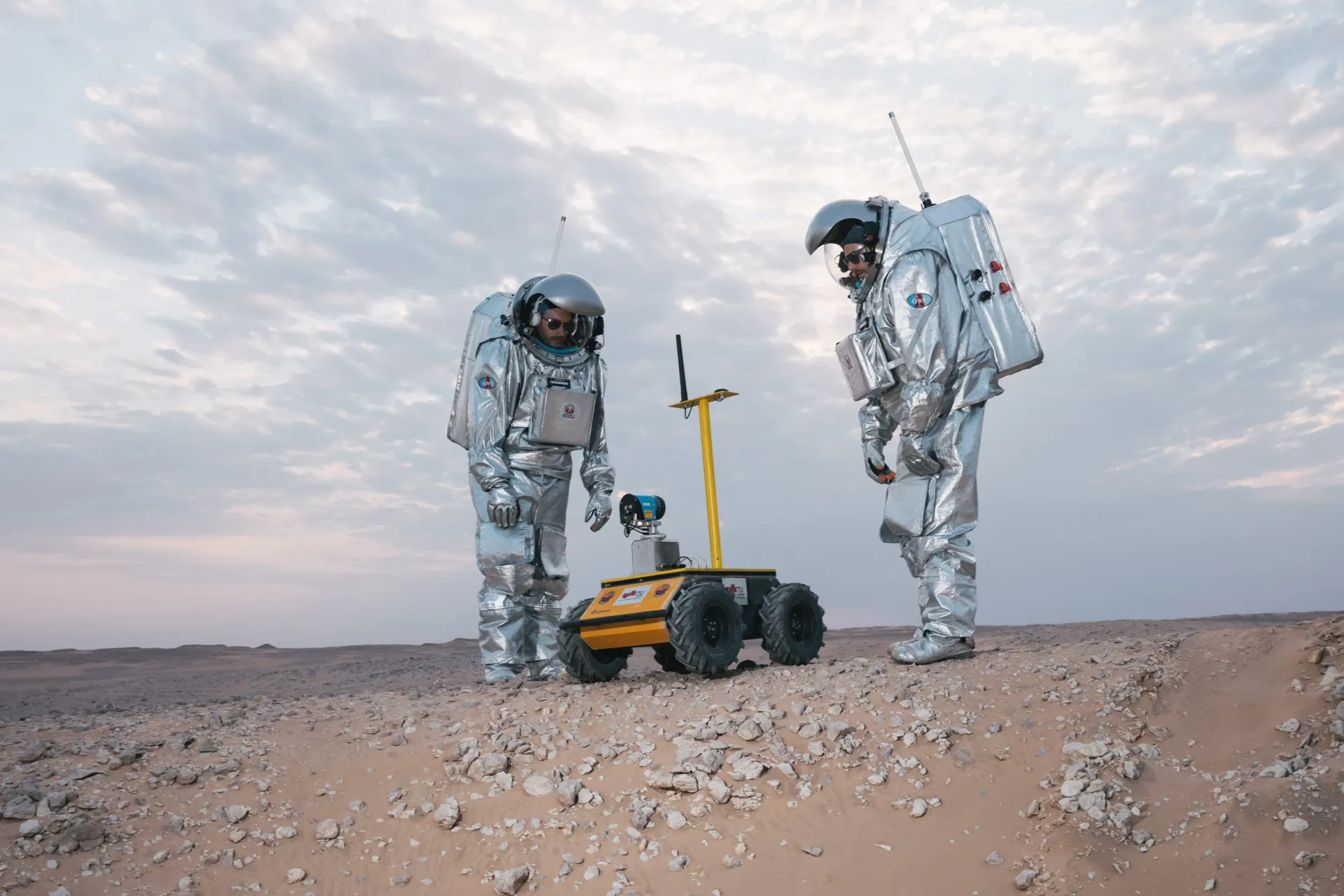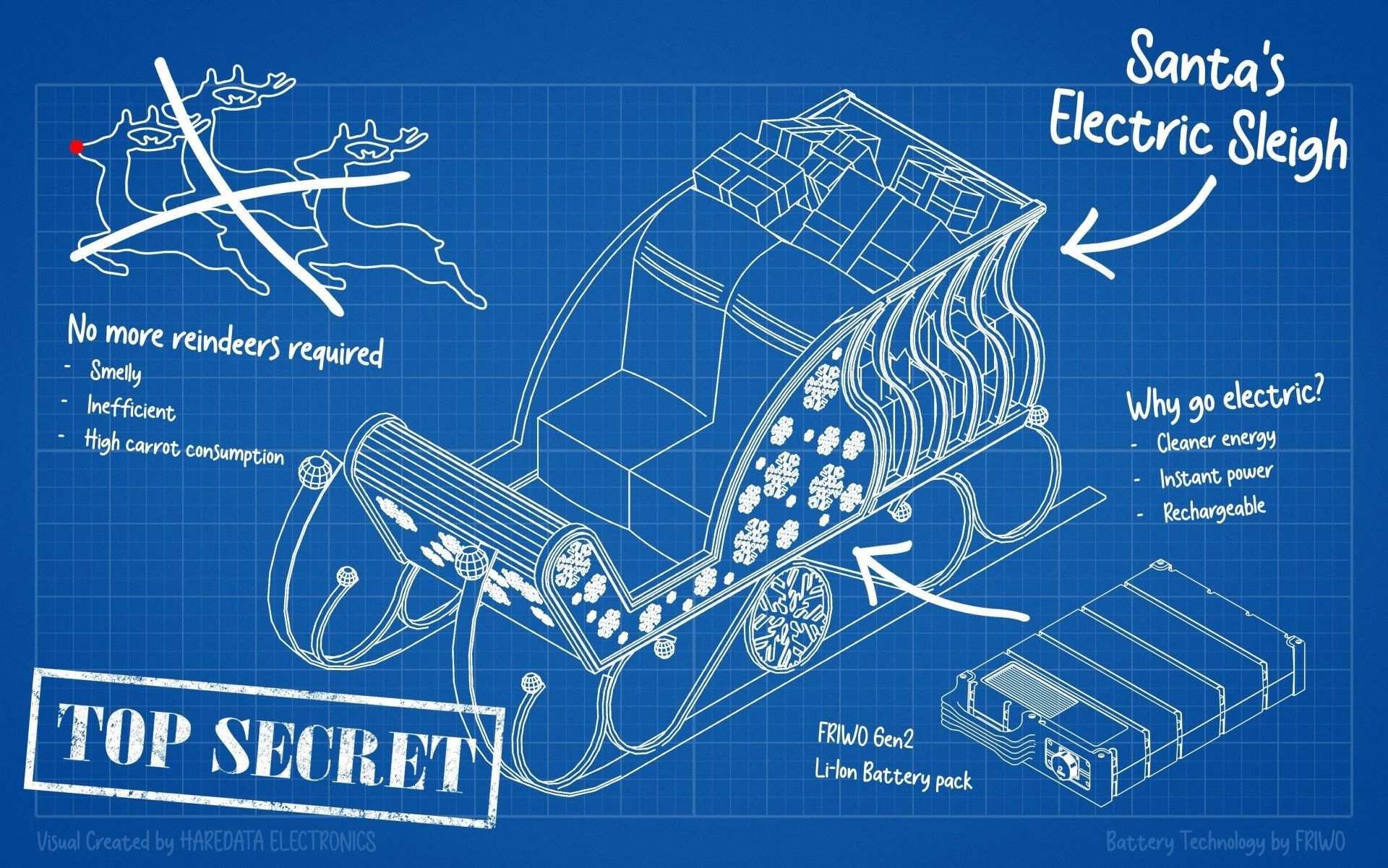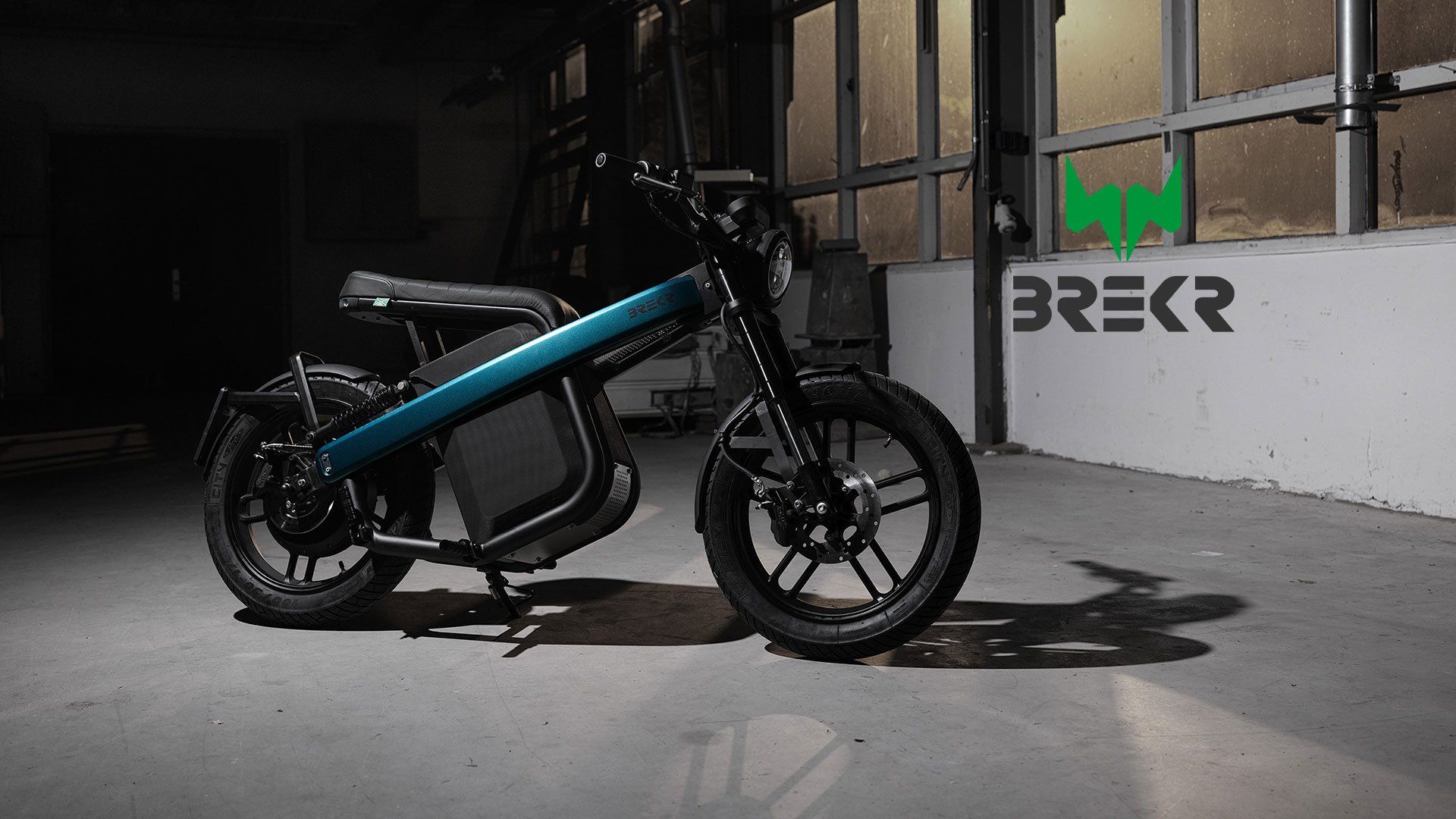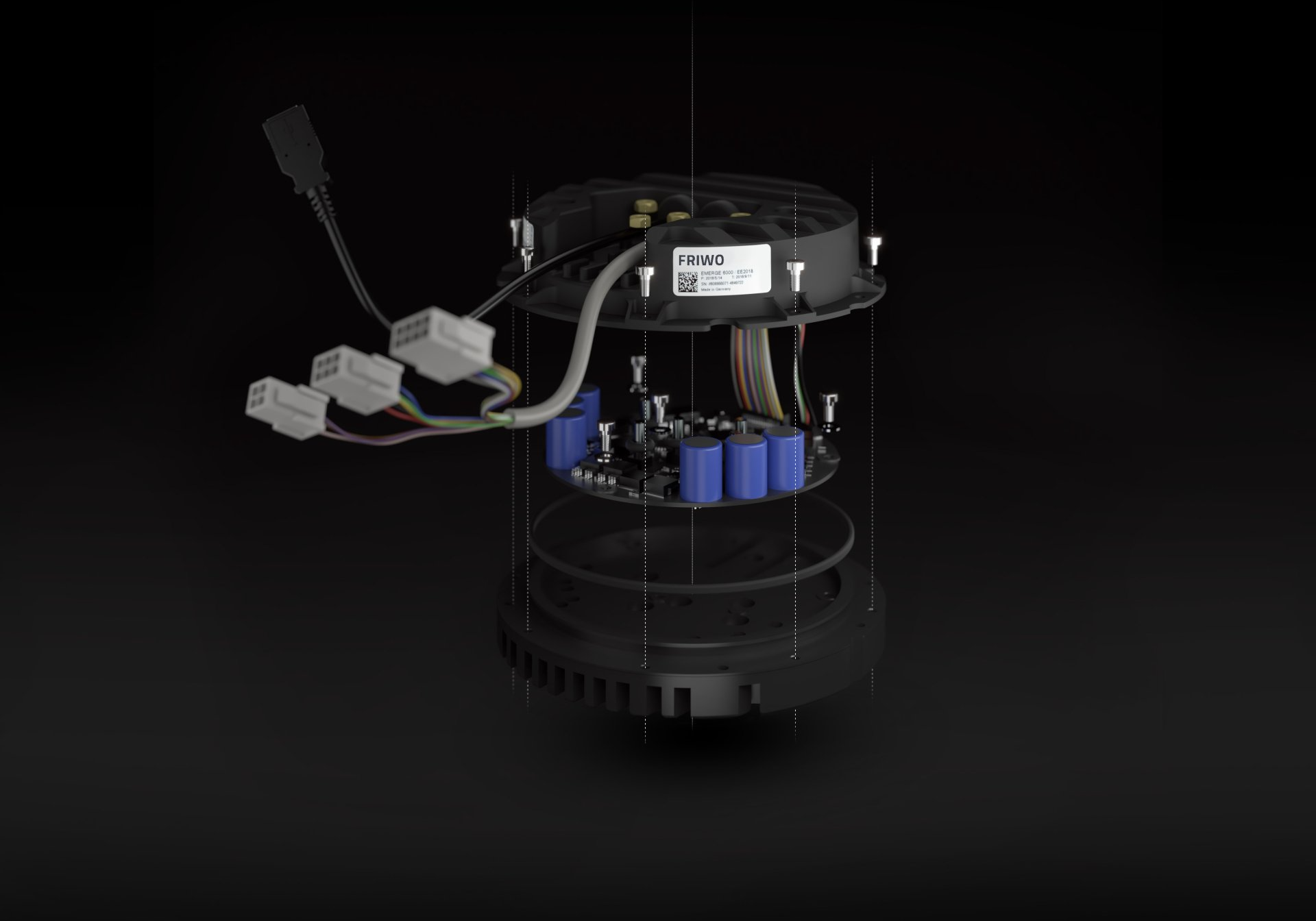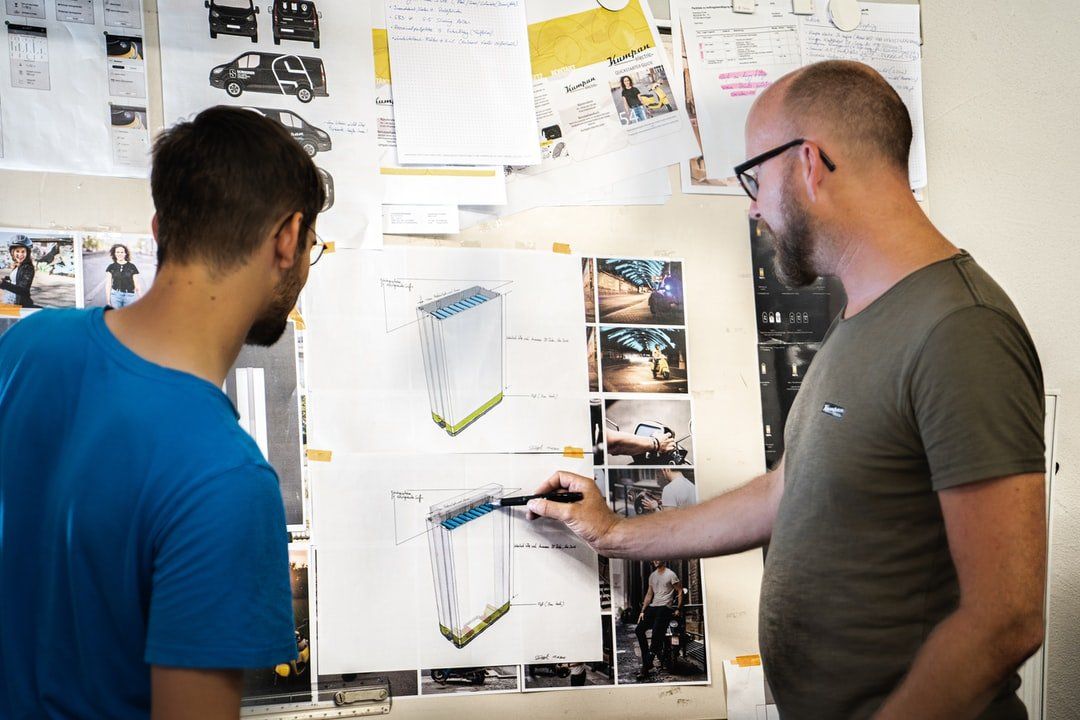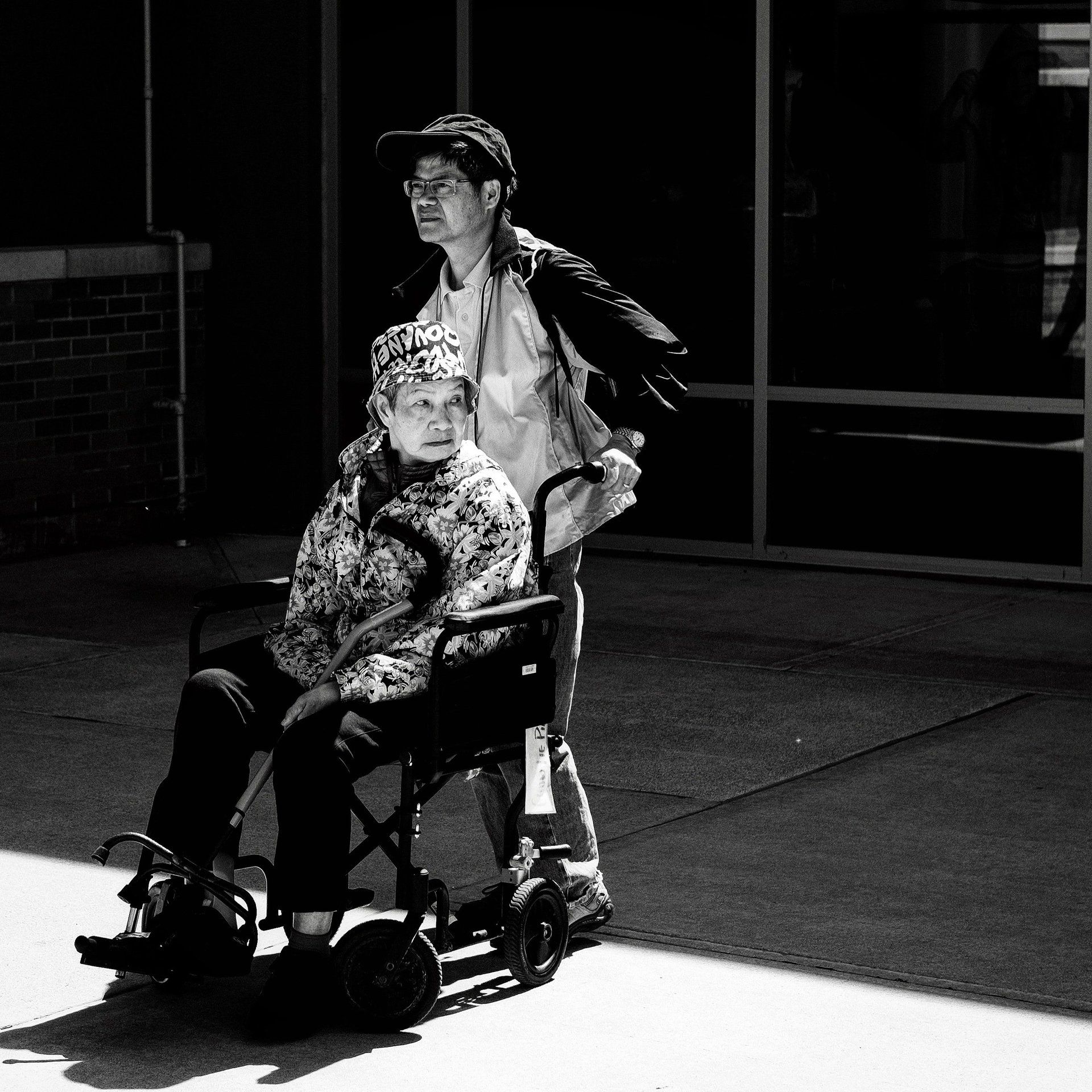Success Story - TU Graz
About TU Graz
The Institute for Software Technology (IST) at Graz University of Technology researches methods for navigation in unstructured environments. The institute is actively involved in interesting research projects such as RoboNav, ROBO-MOLE or ELROB. With ARTI, graduates of the institute have founded a start-up that aims to further develop robots for practical use in transport logistics.
Further information: tugraz.at/institute/ist
Graz University of Technology Simulates a Manned Mission to Mars with E-Mobility
The future of autonomous electric mobility is multifaceted. Graz University of Technology is fulfilling this reality by developing a universally applicable research vehicle that can be used both for simulating a mission to Mars and for rescuing people buried in avalanches. FRIWO accompanies this exciting project and provides strategic advice and supplies the drive and control technology.
Autonomous Off-Road Navigation: TU Graz Places Special Demands on Electromobility
Autonomous driving in areas for which there are no maps is a complex challenge. Professor Gerald Steinbauer and Richard Halatschek from Graz University of Technology have made it their mission to develop electrically powered vehicles that drive independently in rough terrain.
- How does an exploration vehicle find its bearing on Mars?
- How does a reconnaissance vehicle navigate through avalanche terrain?
- How does a self-driving robot move in hazardous material situations?
The Autonomous Intelligent Systems research group at the Institute of Software Technology (IST) of Graz University of Technology, headed by Professor Gerald Steinbauer, has been working on questions like these for many years. Today, a mission to Mars still sounds like a distant future dream.
However, using a very concrete practical example in the city centre of Graz, the research team impressively demonstrated which use cases are made possible by electrically powered vehicles in the field of autonomous navigation.
In cooperation with Austrian Post and Energie Steiermark, TU Graz implemented a showcase in which a robot independently delivered parcels to addressees in the city centre of Graz.
But a showcase is just a showcase - and the research team from Graz University of Technology is pursuing a greater mission, namely a multifunctional vehicle that can be used in future research projects. It should have off-road capabilities, be a certain size and have a decent range.
FRIWO Offers TU Graz Maximum Flexibility and Personal Service in Vehicle Development
The basis for the new multifunctional vehicle was provided by the commercial electric vehicle Jetflyer from the Styrian vehicle manufacturer e-netic GmbH, which was used in the showcase project in the city centre of Graz. The research team equipped the vehicle with electronically controlled steering, brakes and accelerator, enabling “drive-by-wire” control of vehicle functions.
Stereo cameras, inertial sensors, laser sensors and a control computer enable autonomous navigation in unmapped areas. The computer runs specially developed
software that processes the sensor data and enables autonomous navigation in impassable terrain. This way, the development team combines the best of both worlds: automotive engineering meets robotics with the goal of automating vehicle control to such an extent that automated navigation is possible.
“A decisive prerequisite for this is freely configurable drive and control technology. With our system solution, we provided conceptual advice to TU Graz from the very
beginning and supported the research team in the technical implementation,” says Henrik Vogler, Head of R&D E-Mobility at FRIWO. One of the biggest challenges was to build up effective torque even at low speeds. This is because the research vehicle of Graz University of Technology is not a high-speed E-mobility racer, but rather a vehicle designed for maximum precision.
The driving signals of the autonomous control addresses four motor controllers via a central CAN bus. The speed can be controlled irrespective of the driving speed of the research vehicle – a complex requirement that only very few E-mobility system providers have achieved.
“With FRIWO, we have found a system partner who has supported us in a cooperative manner from the very beginning. Our requirements do not correspond to the usual industry standards. In this respect, we very much appreciate the extra effort that FRIWO invested in providing advice and support”
- Says Richard Halatschek, who heads up the project at Graz University of Technology.
Found something of interest?
Contact Us!
While you're here, why not read some of our other blog posts?
We are sure you'll find something interesting!

